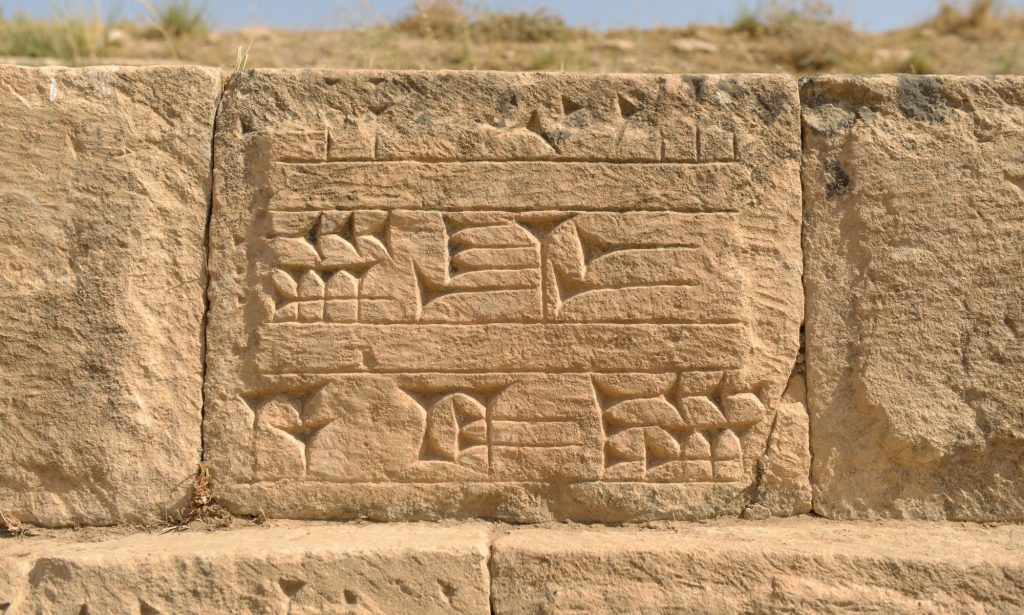Spreading good taste: Winckelmann and the objects of dissemination
University of Reading, 15 September 2017, 10:00 am – 6:45 pm
Registration is now open for ‘Spreading good taste: Winckelmann and the objects of dissemination’, a one-day academic conference to be held at the University of Reading on 15 September.
This is the second of three workshops on the general theme Under the Greek Sky: Taste & the reception of Classical art from Winckelmann to the present, to be held in England in 2017-2018, as part of a series of international events marking the tercentenary of Winckelmann’s birth (2017) and 250 years since his death (2018). Winckelmann, who is traditionally regarded as the ‘father’ of both classical archaeology and art history, is generally acknowledged as having brought about a revolution in scholarly approaches to ancient Greek and Roman culture, influenced practices of archaeological excavation and museum display, provided a key impetus to the spread of Neoclassical taste in art, architecture and decoration throughout Enlightenment Europe. Following on from a two-day workshop in London (KCL/Warburg Institute) held in June 2017, which explored ‘imitation’ and climate theory as two key components of Winckelmann’s historiography and aesthetics, the Reading workshop will consider the portable artefacts of antiquity—coins, gems and vases— through which Winckelmann and others familiarised themselves with the ancient world, considering their use and adaptation in scholarly, connoisseurial, and both private and public display contexts. We will also consider the dissemination of ancient styles and designs through large-scale and miniaturised casts.
For the full workshop programme see https://www.reading.ac.uk/Ure/info/Winckelmann.php.
The workshop will take place at the Museum of English Rural Life (www.reading.ac.uk/TheMERL), on the University of Reading’s London Road campus. Lunch will be provided, and the workshop will be followed from 5:00 – 7:00 pm by a drinks reception to launch the exhibition Winckelmann and the spread of neoclassical taste in the University of Reading’s Special Collections, adjacent to the Museum. This exhibition is a collaboration between the Ure Museum of Greek Archaeology and University of Reading Special Collections, and is funded with the generous support of the University of Reading Arts Committee and the Vice-Chancellor’s Endowment Fund.
REGISTRATION DETAILS:
The workshop is free of charge but places are limited, so pre-registration is required. Please register before 1 September on the following link:
http://www.store.reading.ac.uk/conferences-and-events/faculty-of-arts-humanities-social-science/dept-of-classics/spreading-good-taste-winckelmann-and-the-objects-of-dissemination
For immediate enquiries, please contact the Ure Museum Assistant Curator, Ms Jayne Holly-Wait. Email: ure@reading.ac.uk, telephone no. 0118 378 6990. For the full programme of international events, see http://www.winckelmann-gesellschaft.com/en/winckelmann_anniversaries_20172018/.







